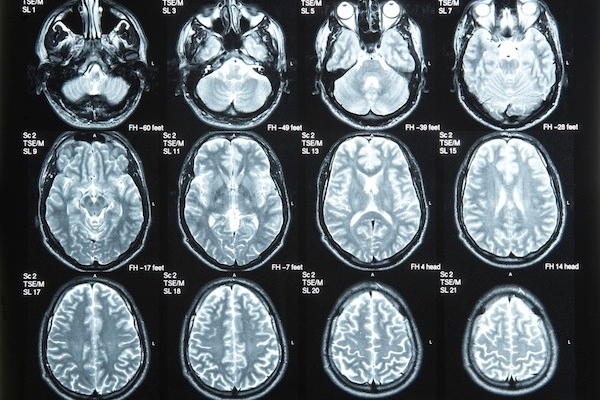For too long, Westminster has overlooked mental health. It has been languishing in funding obscurity for decades as a forgotten arm of the NHS. But thankfully, there was a shift in priorities during the last Parliament as all political parties woke up to the importance of providing good mental health care. The issue rose so far up the policy agenda that the merits of different types of long-term psychotherapy became the subject of repeated and impassioned debate in the Cabinet Office.
All parties have realised that mental ill-health is a problem that affects everyone. Currently one in four people struggle with mental health issues every year and the number is rising at an alarming rate. People with serious mental illness die on average 15-20 years earlier than those without it.
50 per cent of mental health problems, excluding dementia, begin before the age of 14 — restricting lives before they have even properly started. Mental ill health causes more disability than any other health condition, results in unnecessary suffering and costs the English economy an estimated £105 billion each year.
Now, with the election of a Conservative majority government, I believe we have an opportunity to tackle these issues and become the party of mental health. In a similar way that the Tories have traditionally been seen as the party of the armed forces, we now have the opportunity to become the party of mental health.
To achieve this, the government must take several steps. Firstly, we must ensure that a portion of the extra money promised for the NHS is invested in mental health services — particularly to improve support for children and adolescents. We must make the case that investment in mental health care will deliver substantial savings across the health service and in other areas, such as criminal justice and welfare. Through this, the NHS must also ensure that mental and physical health are given the same importance.
Secondly, we must work to enforce the new access and waiting time standards for people experiencing mental ill-health as well as ensuring there are therapists throughout the country to provide treatment. We can continue to train nurses and midwives to become health visitors so that women have access to mental health support during pregnancy.
We must also follow through on our commitment to improve the range of psychological therapy available on the NHS. In the past there has been too much reliance on drug-based therapies and we need make sure that appropriate therapies are available to everyone who needs them.
So far, the early signs are promising. Mental health was discussed at length during the first Cabinet meeting of the new government, demonstrating the will to drive through the necessary improvements: a system which offers a broad range of services, a pre-natal service which provides better care for pregnant mothers and new parents, an education system that identifies early stage mental health problems and a judicial system that deals compassionately with those who struggle with mental illness. Implementing practical measures in these areas is in my view the definition of One Nation Conservatism and can become something all Conservatives can and should be proud of.
James Morris is the Conservative MP for Halesowen and Rowley Regis






Comments